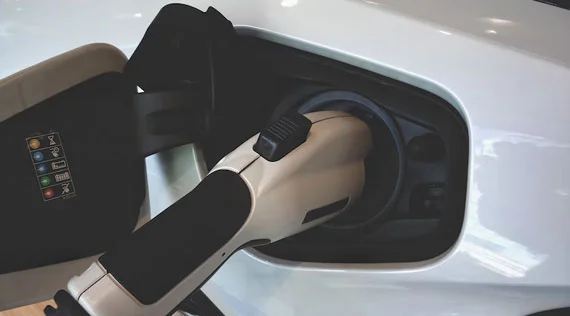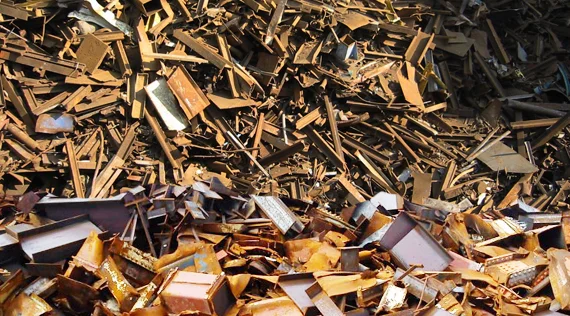Improving graphite cathodes’ structure could lead to faster-charging EVs
Battery Recycling | 2023-08-28 13:14:40
Researchers have found a way to prevent lithium plating in electric vehicle batteries, which could lead to faster charging times.

Researchers have found a way to prevent lithium plating in electric vehicle batteries, which could lead to faster charging times.
A new paper published in the journal Nature Communications explains that lithium plating is a phenomenon that can occur in lithium-ion batteries during fast charging. It takes place when lithium ions build up on the surface of the battery’s negative electrode instead of intercalating into it, forming a layer of metallic lithium that continues growing. This can damage the battery, shorten its lifespan, and cause short circuits that can lead to fire and explosion.
According to the new study, lithium plating can be significantly mitigated by optimizing the microstructure of the graphite negative electrode. The graphite negative electrode is made up of randomly distributed tiny particles, and fine-tuning the particle and electrode morphology for a homogeneous reaction activity and reduced local lithium saturation is the key to suppressing lithium plating and improving the battery’s performance.
“Our research has revealed that the lithiation mechanisms of graphite particles vary under distinct conditions, depending on their surface morphology, size, shape and orientation. It largely affects the lithium distribution and the propensity of lithium plating,” lead researcher Xuekun Lu, from Queen Mary University of London, said in a media statement.
“Assisted by a pioneering 3D battery model, we can capture when and where lithium plating initiates and how fast it grows. This is a significant breakthrough that could have a major impact on the future of electric vehicles.”
The study provides new insights into developing advanced fast-charging protocols by improving the understanding of the physical processes of lithium redistribution within graphite particles during fast charging. This knowledge could lead to an efficient charging process while minimizing the risk of lithium plating.
In addition to faster charging times, the study also found that refining the microstructure of the graphite electrode can improve the battery’s energy density. This means that electric cars could travel further on a single charge.
 By
By 



